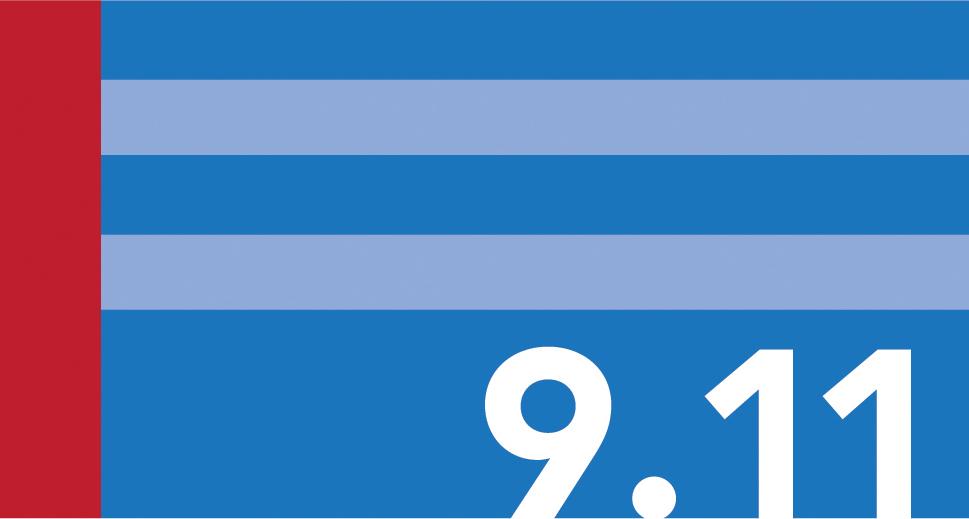Individuals suffering from the following physical health conditions may be eligible for free medical treatment through the World Trade Center Health Program and financial compensation through the 9/11 Victim Compensation Fund. In general, anyone who was present in Lower Manhattan below Canal Street, at the Fresh Kills landfill, on barges/trucks/piers along debris removal routes, the NYC Morgue, or at garages where emergency vehicles were cleaned between 9/11/01 and 5/30/02 may be eligible for free medical monitoring through the World Trade Center Health Program. Individuals who contracted one of the following covered illnesses listed on the WTC Health Program List of Covered Conditions may also be eligible for free treatment and medication, in addition to compensation through the 9/11 Victim Compensation Fund.
The WTC Health Program List of Covered Conditions is subject to change as the Health Program Administrator, Dr. John Howard, and the Scientific/Technical Advisory Committee continue to review research, statistics, and studies in order to identify new conditions for coverage.
- Cancer
- Blood and Lymphoid Tissue (including, but not limited to, lymphoma, leukemia, and myeloma)
- Diffuse non-Hodgkin lymphoma
- Follicular (nodular) non-Hodgkin lymphoma
- Hodgkin’s disease
- Leukemia of unspecified cell type
- Lymphoid leukemia
- Malignant immunoproliferative diseases
- Monocytic leukemia
- Multiple myeloma and malignant plasma cell neoplasms
- Myeloid leukemia
- Other and unspecified lymphoid, hematopoietic, and related tissue
- Other and unspecified types of non-Hodgkin lymphoma
- Other leukemias of specified cell type
- Peripheral and cutaneous T-cell lymphoma
- Digestive System
- Colon
- Esophagus
- Liver and intrahepatic bile ducts
- Other and ill-defined digestive organs
- Rectosignoid junction
- Rectum
- Retroperitoneum and peritoneum
- Stomach
- Eye and Orbit
- Female Breast
- Ovary
- Head and Neck
- Accessory sinuses
- Base of tongue
- Floor of mouth
- Gum
- Hypopharynx
- Larynx
- Lip
- Nasal cavity
- Nasopharynx
- Other and ill-defined conditions in the lip, oral cavity, and pharynx
- Other and unspecified major salivary glands
- Other and unspecified part of the mouth
- Other and unspecified parts of the tongue
- Oropharynx
- Palate
- Parotid gland
- Piriform sinus
- Tonsil
- Respiratory System
- Bronchus and lung
- Heart, mediastinum, and pleura
- Other and ill-defined sites in the respiratory system and intrathoracic organs
- Trachea
- Skin (Melanoma and non-Melanoma)
- Malignant melanoma of skin
- Other malignant neoplasms of skin
- Scrotum
- Soft Tissue
- Thyroid
- Urinary System
- Bladder
- Kidney
- Other and unspecified urinary organs
- Prostate
- Renal pelvis
- Ureter
- Mesothelioma
- Blood and Lymphoid Tissue (including, but not limited to, lymphoma, leukemia, and myeloma)
- Aerodigestive Disorders (Airways and Digestive Disorders)
- Asthma
- Chronic cough syndrome
- Chronic laryngitis
- Chronic nasopharyngitis
- Chronic respiratory disorder—fumes/vapors
- Chronic rhinosinusitis
- Gastroesophageal reflux disorder (“GERD”) (persistent heartburn)
- Interstitial lung diseases (e.g., sarcoidosis)
- Reactive airways dysfunction syndrome (RADS)
- Sleep apnea exacerbated by or related to another condition described in the list of aerodigestive disorders
- Upper airway hyperreactivity
- WTC-exacerbated chronic obstructive pulmonary disease (COPD)
- New-onset COPD
- Mental Health Conditions (ineligible for compensation)
- Acute stress disorder
- Adjustment disorder
- Anxiety disorder (not otherwise specified)
- Depression (not otherwise specified)
- Dysthymic disorder (persistent depressive disorder)
- Generalized anxiety disorder
- Major depressive disorder
- Panic disorder
- Posttraumatic stress disorder (PTSD)
- Substance abuse
- Musculoskeletal Disorders (Responders only)
- Responders who received treatment for a WTC-related musculoskeletal disorder, such as carpal tunnel syndrome or lower back pain, on or before September 11, 2003 are eligible for coverage.
- Acute Traumatic Injury
- Responders and survivors who received treatment for a WTC-related acute traumatic injury on or before September 11, 2003 are eligible for coverage. Examples include:
- Eye injury
- Burn
- Head trauma
- Fracture
- Tendon tear
- Complex sprain
- Responders and survivors who received treatment for a WTC-related acute traumatic injury on or before September 11, 2003 are eligible for coverage. Examples include:
- Rare Cancers
- Malignant neoplasms of the adrenal gland and other endocrine glands and related structures
- Anus and anal canal
- Bone and articular cartilage
- Breast among men
- Gallbladder and other parts of biliary tract
- Meninges, brain, spinal cord, cranial nerves, and other parts of central nervous system
- Pancreas
- Penis and testis
- Placenta
- Small intestine
- Thymus
- Vulva, vagina, and cervix uteri (invasive only)
- Malignant neuroendocrine neoplasm, including carcinoid tumors
- Myeloid neoplasms, including myelodysplastic syndromes, myeloproliferative neoplasms, myelodysplastic/myeloproliferative neoplasms, and myeloid malignancies associated with eosinophilia and abnormalities of growth factor receptors derived from platelets or fibroblasts
- Other cancers that meet the threshold incidence rate of less than 15 cases per 100,000 persons per year based on age-adjusted 2005-2009 average annual data.
For more information on the WTC Health Program List of Covered Conditions and 9/11 Victim Compensation, please contact Pitta & Baione LLP at 844-982-2667 or info@pittabaione.com.



